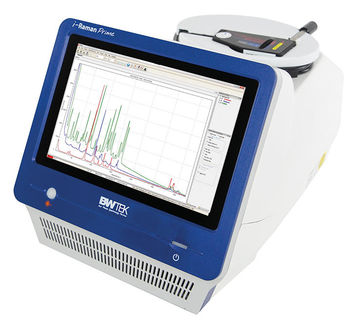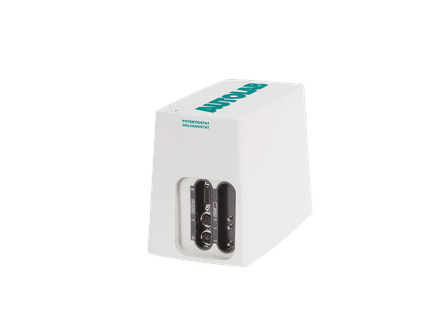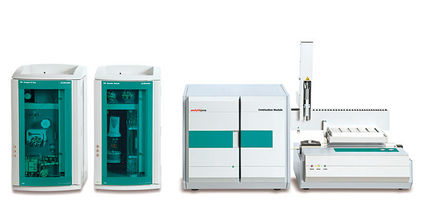To use all functions of this page, please activate cookies in your browser.
my.chemeurope.com
With an accout for my.chemeurope.com you can always see everything at a glance – and you can configure your own website and individual newsletter.
- My watch list
- My saved searches
- My saved topics
- My newsletter
Recycling in Ireland
Rates of household recycling in Ireland have increased dramatically since the late 1990s, but are still lagging behind European averages. The Irish Environmental Protection Agency (EPA) is the agency with overall responsibility for recycling, and acts as the watchdog for the waste management industry in Ireland. Each local authority in Ireland has considerable control over recycling, so recycling practices vary considerably across the country. Ireland does not currently have any incineration facilities (though some are planned), so any waste that is not recycled is disposed of in landfill sites. The Central Statistics Office reported in 2007 that almost 90% of Irish households recycled some of their household waste, compared to just 48% in 1999. The figure was highest for residents in Dublin (94%). Product highlight
EPA StatisticsAccording to the latest available EPA report (2005):
The EPA planned to have 35% of all waste recycled by 2013, however this target was met eight years in advance, in 2005. Plastic Bag LevyOne noticeable success in Ireland's environmental track record was the introduction of a plastic bag levy in 2003, the first country in the world to do so. All consumers were required to pay 15c for a plastic bag (since increased to 22c); this led to an immediate decrease of over 90% in the amount of plastic bags in circulation. The levy encouraged retailers to switch to paper bags, and encouraged consumers to bring their own bags when shopping. The media coverage also helped raise awareness about the damage plastic bags do to the environment. There has been some evidence of complacency, however, suggesting that the number of plastic bags has begun to rise again. WEEEThe Waste Electrical and Electronic Equipment (WEEE) directive was introduced into Irish law in August 2005. Under this law, retailers of electrical goods are required to provide free in-store take back for old electrical goods for customers buying new electrical equipment. The cost of this is passed onto consumers. PackagingRepak is Ireland's packaging recovery organisation. Practices around the CountryIn Dublin, a company called Oxigen supply green bins for recycling to all households, and local councils supply black bins for all other waste. The green bins are collected every 4 weeks-householders can dispose of paper, cardboard, cans and tins in this bin, and it is illegal to dispose of such waste in a black bin. Householders have to pay every time their black bin is collected; this is to discourage people from using the black bin. Fingal county Council and Dublin City Council run a pilot brown bin scheme for garden and food waste, which is collected every week. It is due to be rolled out by all four Dublin local authorities across Dublin by the end of 2007/early 2008, once suitable facilities for dealing with the waste are in place. A similar brown bin scheme has been in place in Galway for some time. In Dundalk, Oxigen (the same company that supplys Dublins green bins) took over from the Dundalk Town Council for waste disposal. They have since in introduced a green bins (2001) and brown bins (2007) along with the black bin. Up until the 2007 the black bins were collected every week but now they are collected every second week with the other bins been collected the week the black bins are not collected. Variations of this system are in place across the country. Some local authorities, such as Limerick County Council, now outsource all waste collection to private authorities. Householders can choose what size bin they want, and pay accordingly. However, they are not charged every time the bin is collected. Other councils operate a weigh-and-pay system, where households are charged according to the weight of the waste collected,for example,South Tipperary County Council charge 14c per kg (accurate as of 31 August 2007). Recyclable waste in South Tipperary is collected separately in plastic bags which are purchased at local shops, together with stickers that are placed on the bags. In Galway city, over 50% of waste is now recycled, the highest proportion in the country. There has been a sharp increase in the number of bottle banks and recycling facilities across the country over the last 10 years, but facilities continue to struggle with demand. Websites have been set up where people can post their junk or items they no longer need and have it taken away, such as [1], or the well known freecycle sites. References
See also
guy recycling www.guyrecycling.co.nr |
||||||||||||||||||||||||||||
| This article is licensed under the GNU Free Documentation License. It uses material from the Wikipedia article "Recycling_in_Ireland". A list of authors is available in Wikipedia. |







